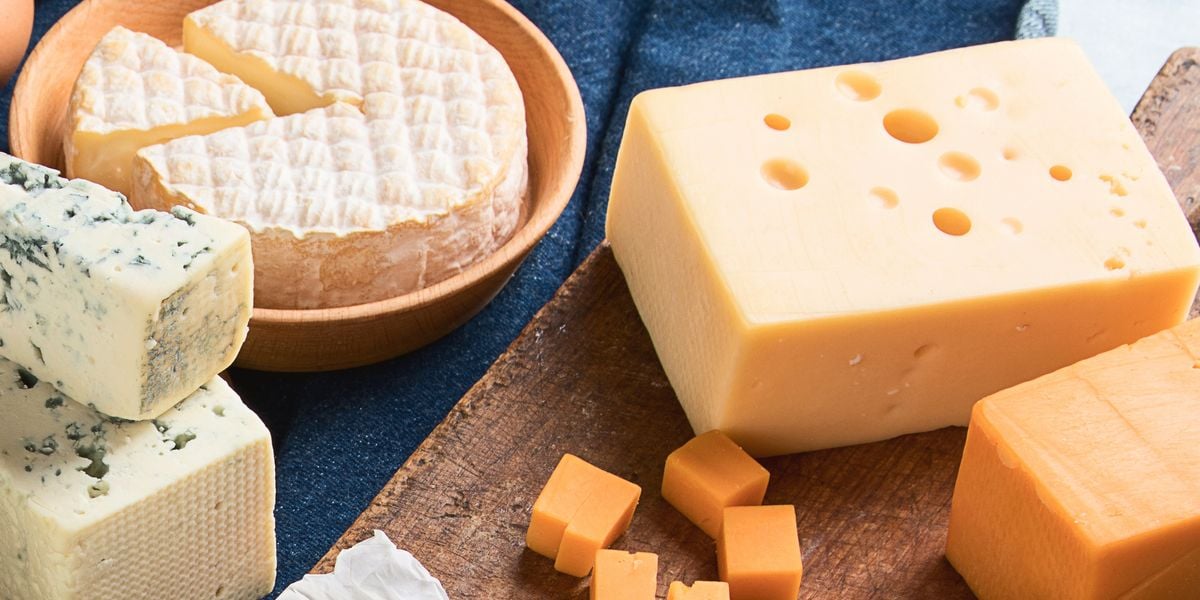People who regularly eat cheese are more likely to have nightmares compared to those with a lower cheese intake, new research has highlighted.
Scientists have found that cheese is associated with a greater risk of nightmares because it can cause gas or stomach pain.
Senior author Dr Tore Nielsen said: “Nightmare severity is robustly associated with lactose intolerance and other food allergies.
“These new findings imply that changing eating habits for people with some food sensitivities could alleviate nightmares. They could also explain why people so often blame dairy for bad dreams.”
- Heart problems associated with shift work reduced by not eating at night
- Depression more common among night owls
- Night-time heat linked to greater stroke risk
During the study, the team of researchers analysed 1,082 students studying at MacEwan University.
Each participant was questioned on their dreams and nightmares, sleep time and quality and any perceived association between different kinds of dreams and different foods.
In addition, they were asked about their relationship with food and their mental and physical health.
The findings have shown that a third of the participants regularly have nightmares, with women more likely to exeprience them.
Those following unhealthy diets were at greater risk of having nightmares compared to the participants who eat healthier, the study has reported.
According to the researchers, participants with a lactose intolerance were more likely to have nightmares compared to those with no intolerance to dairy.
Dr Nielsen said: “Nightmares are worse for lactose-intolerant people who suffer severe gastrointestinal symptoms and whose sleep is disrupted.
“This makes sense, because we know that other bodily sensations can affect dreaming. Nightmares can be very disruptive, especially if they occur often, because they tend to awaken people from sleep in a dysphoric state. They might also produce sleep avoidance behaviors. Both symptoms can rob you of restful sleep.”
- Nightmares and ‘daymares’ could be early sign of autoimmune disease, experts say
- Why night shifts work can raise risk of obesity and type 2 diabetes
- Exposure to artificial, night-time light increases stroke risk
He added: “We need to study more people of different ages, from different walks of life, and with different dietary habits to determine if our results are truly generalisable to the larger population.
“Experimental studies are also needed to determine if people can truly detect the effects of specific foods on dreams.”
He concluded: “We would like to run a study in which we ask people to ingest cheese products versus some control food before sleep to see if this alters their sleep or dreams.”






